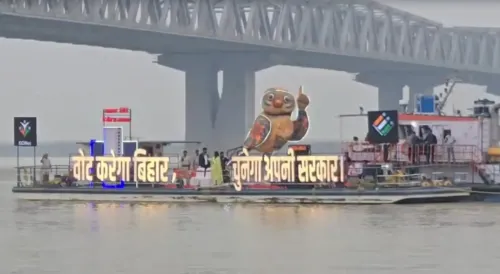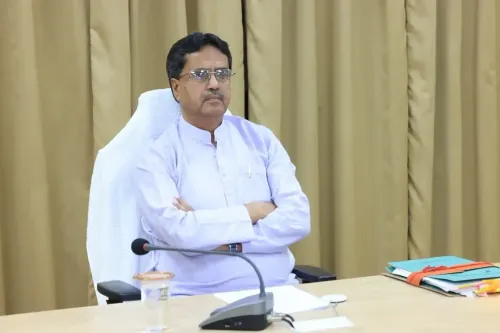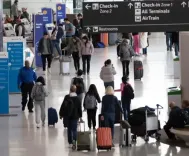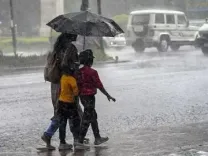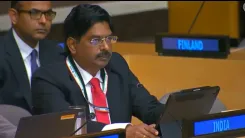Do Political Parties in Bangladesh Denounce Yunus for 'Misleading' Comments on Elections?
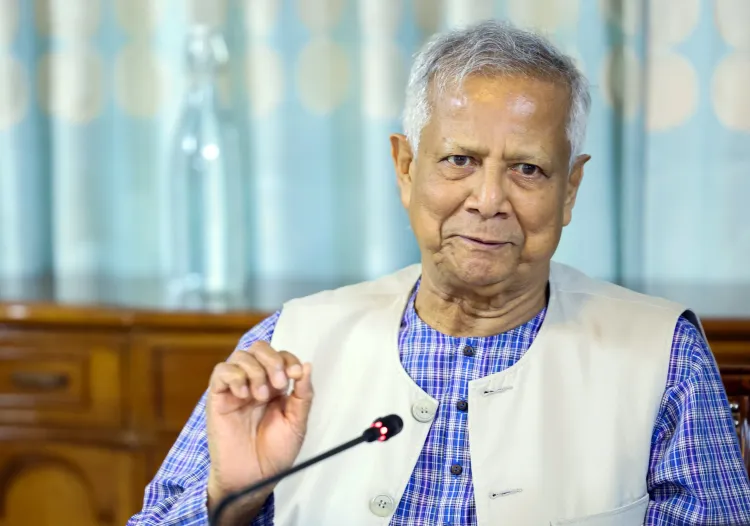
Synopsis
Key Takeaways
- Demand for December elections: Political parties in Bangladesh are insisting on elections by December.
- Criticism of Yunus: Chief Advisor Muhammad Yunus faces backlash for his remarks on the election timeline.
- Political unrest: The situation highlights a deepening political crisis in Bangladesh.
- BNP's warning: The BNP threatens protests if a clear election roadmap is not announced soon.
- Call for reforms: There is a strong push for meaningful reforms to ensure free and fair elections.
Dhaka, May 31 (NationPress) A coalition of political factions in Bangladesh has reiterated their call for national elections to be conducted by December, firmly rejecting the recent comments made by Chief Advisor Muhammad Yunus during his visit to Japan concerning the election timeline.
Reports from local media indicate that Yunus stated, “No one except one party wants elections in December.”
The political groups, including Gono Forum, the Left Democratic Alliance, and the 12-Party Alliance, have criticized Yunus's assertion as “false, misleading, and harmful to the political environment.”
They further stated, “A newly established political party, backed by the government, along with some extremist communal factions and those implicated in war crimes during 1971, are actively working to destabilize the country and undermine the electoral process.”
Over 50 registered and unregistered political parties have demanded parliamentary elections by December, branding Yunus's statements as blatant falsehoods designed to mislead the public, according to local media.
In reaction, Gono Forum described Yunus's comments as “incorrect” and raised concerns that such declarations from the chief advisor and other members of the interim government were sowing confusion and discord among political entities.
During a recent gathering of the Gono Forum praesidium council, members called for an immediate announcement of a definitive election roadmap.
The forum's leaders pointed out that in the past nine months, the interim administration has failed to undertake any substantial measures to restore order or address instability in governance.
Moreover, the forum criticized the lack of significant reforms or visible initiatives to ensure free, fair, and credible elections, as reported by local media.
In a separate statement, the 12-Party Alliance asserted that all parties have been advocating for a December election for the last nine months, accusing Yunus of attempting to prolong his political influence through “political manipulation” and aligning with extremist, unpopular, and anti-liberation groups.
A report from the prominent daily Prothom Alo indicated that the Bangladesh Nationalist Party warned that if a clear election roadmap is not provided within a month, they will initiate street protests in July, escalating their campaign against the interim government to secure the election.
“We will wait a little longer for the government to make rational decisions. We believe that the quicker the country transitions towards democracy via elections, the better it will be for the populace,” stated BNP standing committee member Salahuddin Ahmed.
Conversely, demands for the restoration of democracy have intensified amid a deepening political crisis.
Earlier this week, the BNP cautioned that the ongoing unrest in Bangladesh under the Yunus-led interim government is likely to exacerbate without a structured plan for forthcoming elections.
Additionally, BNP Standing Committee Member Mirza Abbas criticized the interim government, declaring it “corrupt from top to bottom.”
“This government is decaying from the top; it’s rotten all the way to the bottom. They promise reforms followed by elections. Yet, if they could not accomplish this in nine months, they won’t achieve it in nine years or even 90. They should apologize to the nation and step aside,” he expressed during a rally at BNP's central office in Naya Paltan.
The absence of a clear reform and election roadmap has sparked significant political unrest in Bangladesh, as Yunus met with various political leaders last week who have raised concerns regarding his controversial policies and the performance of his questionable advisors.
As pressure mounted on Yunus, he earlier expressed his intention to resign out of frustration—an announcement that has generated considerable buzz in political circles nationwide.
Bangladesh Army Chief General Waker-Uz-Zaman has emphasized that the next national election should occur by December, with an elected government expected to take office by January 1, 2026, following “free and fair” elections.


